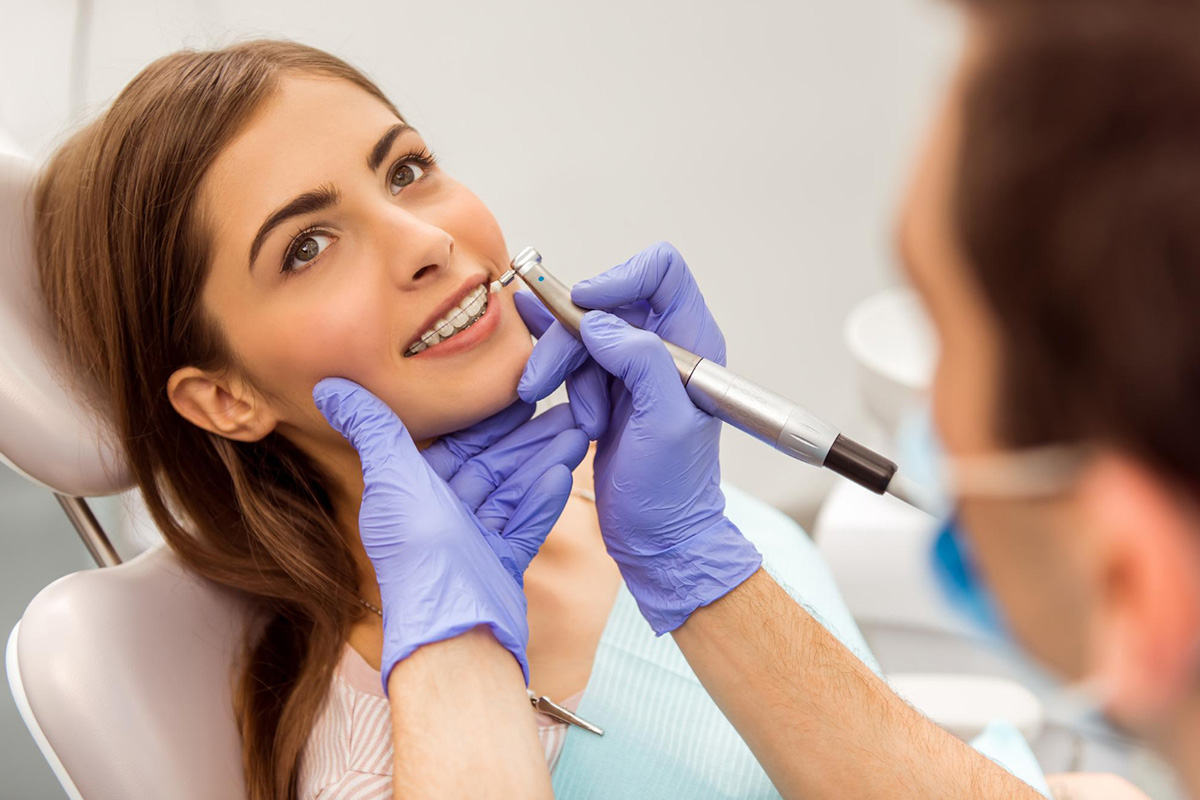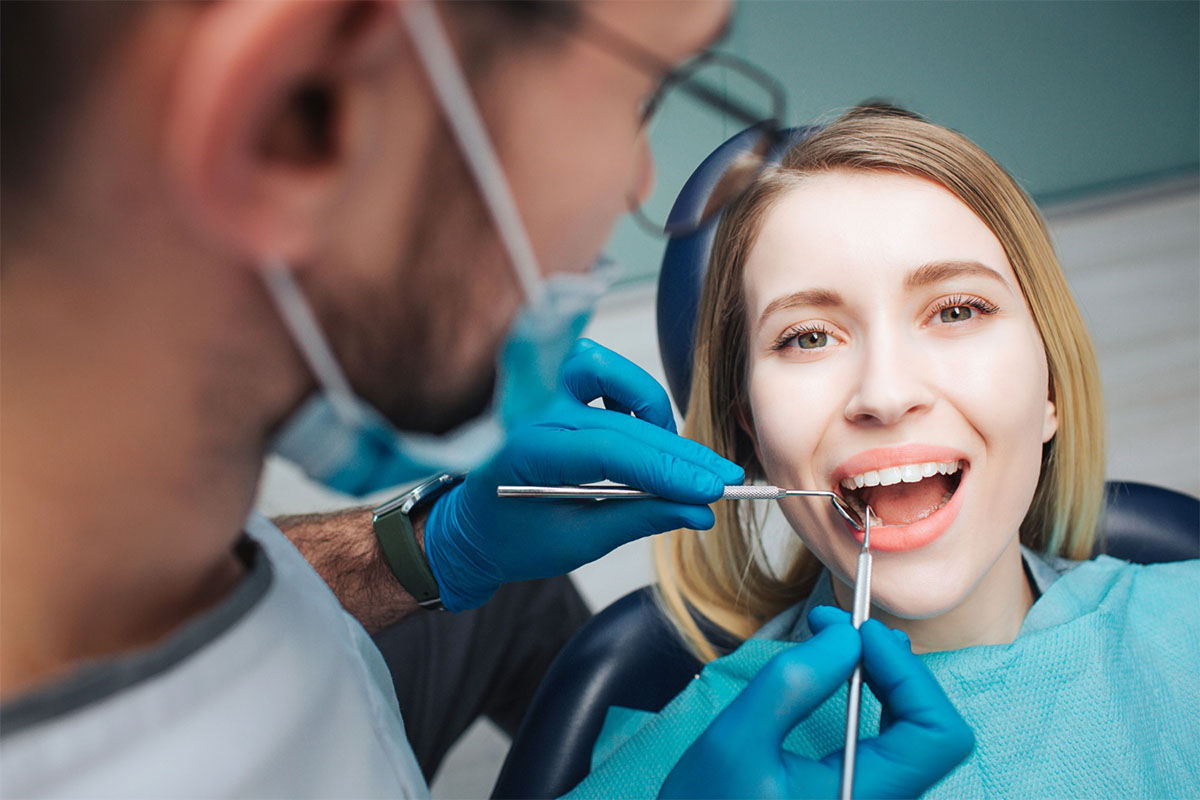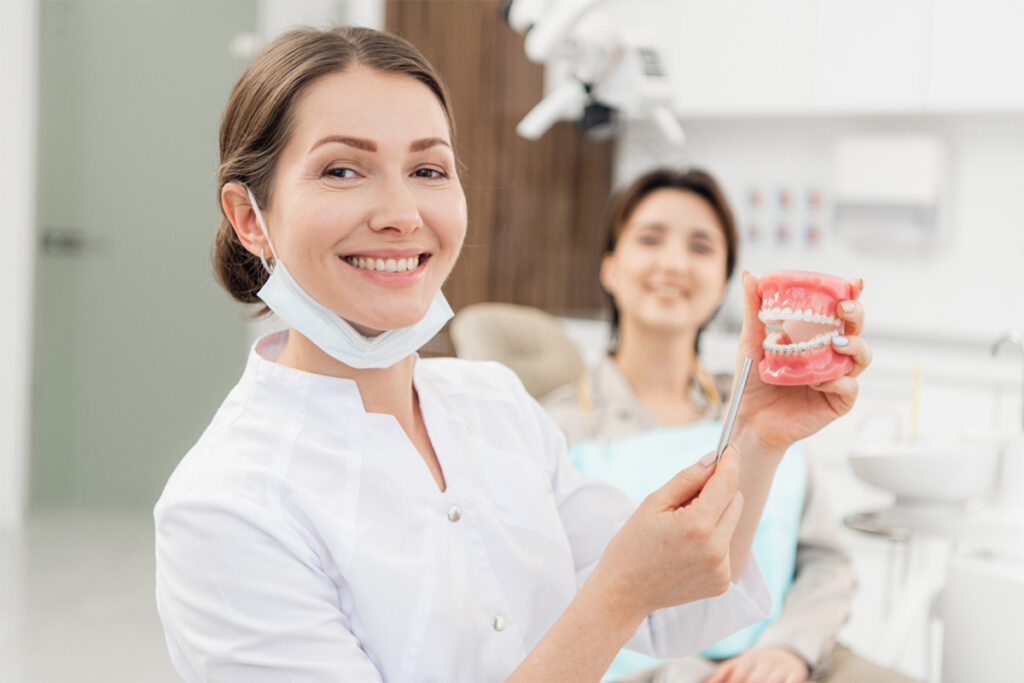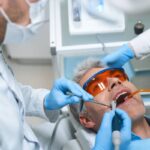Dental Health
Maintaining optimal dental health is crucial for overall well-being. This blog explores essential daily dental routines that can help prevent common dental issues and contribute to maintaining your general health.
Starting Your Day with Oral Hygiene
Beginning your day with a thorough dental cleaning is essential. Brushing your teeth in the morning eliminates overnight bacteria build-up and freshens your breath. Use a fluoride toothpaste and a soft-bristled brush to gently clean all tooth surfaces and your tongue for at least two minutes, enhancing your dental health.

The Importance of Brushing After Every Meal
To prevent the buildup of plaque and decay, brushing after each meal is recommended. This practice helps remove food particles and bacteria that can lead to tooth decay. If brushing isn’t possible immediately after eating, rinsing your mouth with water or a mouthwash can help minimize the harmful effects on your dental health.
Integrating Flossing into Your Routine
Flossing at least once a day is crucial for removing plaque and food particles from between your teeth where a toothbrush cannot reach. Regular flossing helps prevent gum disease and can improve overall dental health.
Choosing the Right Dental Products
Selecting the appropriate dental care products is vital for maintaining good dental health. Look for toothpaste and mouthwash that contain fluoride, as it helps to harden tooth enamel and reduces the risk of decay. A good quality toothbrush with a small head and soft bristles is ideal for most adults.
The Role of Mouthwash
Using mouthwash can complement brushing and flossing. It helps reduce the amount of dental plaque and bacteria in your mouth, offering an additional layer of protection for your dental health. Choose a therapeutic mouthwash with fluoride rather than just a cosmetic one to ensure it aids in protecting against tooth decay.
Regular Dental Check-Ups
Visiting your dentist for regular check-ups and cleanings is indispensable. Professional cleaning can remove calculus that can’t be brushed or flossed away. Check-ups can help catch potential dental health issues before they become serious, ensuring that your daily routines are effective.

Conclusion
Maintaining excellent dental health is not just about having a pleasing smile; it’s about preserving your overall health. Daily dental routines such as brushing, flossing, and using mouthwash play critical roles in preventing dental diseases and ensuring long-term health benefits. By integrating these practices into your everyday life, you actively protect yourself from gum disease, tooth decay, and other health issues that can arise from poor oral hygiene.
FAQ
- How often should I brush my teeth to maintain optimal dental health?
- Brush at least twice a day, especially after meals, to maintain good dental health.
- Is flossing really important for dental health?
- Yes, flossing removes food particles and plaque between teeth, areas where a toothbrush cannot reach.
- Can mouthwash replace brushing or flossing?
- No, mouthwash is a supplement to brushing and flossing, not a replacement. It helps reduce the bacterial load and freshen breath.
- How often should I replace my toothbrush for best dental health practices?
- Replace your toothbrush every three to four months or sooner if the bristles become frayed.
- What type of toothpaste should I use?
- Use fluoride toothpaste to protect against tooth decay and enhance dental health.
- How does diet affect my dental health?
- Eating a balanced diet and limiting sugary snacks can prevent tooth decay and promote overall dental health.
- Why are regular dental check-ups important?
- Regular check-ups allow dentists to diagnose and treat potential dental health issues early.
- Can smoking affect my dental health?
- Yes, smoking is harmful to gums and can cause tooth staining, bad breath, and increase the risk of oral cancer.
- What should I do if I have sensitive teeth?
- Consult your dentist. Special toothpaste designed for sensitive teeth may also help.
- Are whitening products safe for my dental health?
- Many whitening products are safe but should be used according to the manufacturer’s directions or your dentist’s advice to avoid damage to your teeth and gums.












